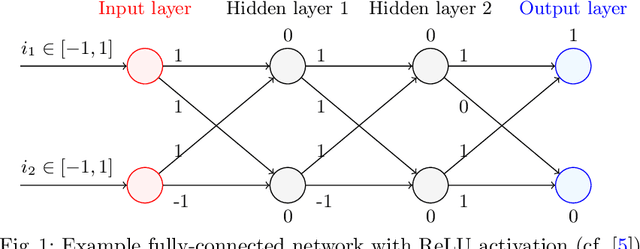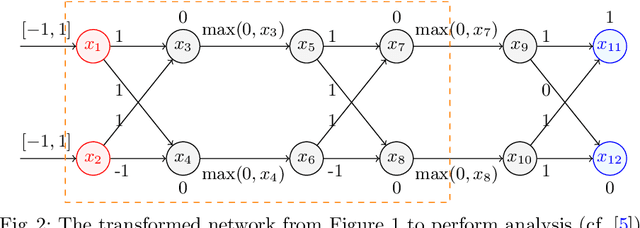Quang-Trung Ta
FLAC: A Robust Failure-Aware Atomic Commit Protocol for Distributed Transactions
Mar 02, 2023



Abstract:In distributed transaction processing, atomic commit protocol (ACP) is used to ensure database consistency. With the use of commodity compute nodes and networks, failures such as system crashes and network partitioning are common. It is therefore important for ACP to dynamically adapt to the operating condition for efficiency while ensuring the consistency of the database. Existing ACPs often assume stable operating conditions, hence, they are either non-generalizable to different environments or slow in practice. In this paper, we propose a novel and practical ACP, called Failure-Aware Atomic Commit (FLAC). In essence, FLAC includes three protocols, which are specifically designed for three different environments: (i) no failure occurs, (ii) participant nodes might crash but there is no delayed connection, or (iii) both crashed nodes and delayed connection can occur. It models these environments as the failure-free, crash-failure, and network-failure robustness levels. During its operation, FLAC can monitor if any failure occurs and dynamically switch to operate the most suitable protocol, using a robustness level state machine, whose parameters are fine-tuned by reinforcement learning. Consequently, it improves both the response time and throughput, and effectively handles nodes distributed across the Internet where crash and network failures might occur. We implement FLAC in a distributed transactional key-value storage system based on Google Percolator and evaluate its performance with both a micro benchmark and a macro benchmark of real workload. The results show that FLAC achieves up to 2.22x throughput improvement and 2.82x latency speedup, compared to existing ACPs for high-contention workloads.
Scalable and Modular Robustness Analysis of Deep Neural Networks
Aug 31, 2021



Abstract:As neural networks are trained to be deeper and larger, the scalability of neural network analyzers is urgently required. The main technical insight of our method is modularly analyzing neural networks by segmenting a network into blocks and conduct the analysis for each block. In particular, we propose the network block summarization technique to capture the behaviors within a network block using a block summary and leverage the summary to speed up the analysis process. We instantiate our method in the context of a CPU-version of the state-of-the-art analyzer DeepPoly and name our system as Bounded-Block Poly (BBPoly). We evaluate BBPoly extensively on various experiment settings. The experimental result indicates that our method yields comparable precision as DeepPoly but runs faster and requires less computational resources. For example, BBPoly can analyze really large neural networks like SkipNet or ResNet which contain up to one million neurons in less than around 1 hour per input image, while DeepPoly needs to spend even 40 hours to analyze one image.
 Add to Chrome
Add to Chrome Add to Firefox
Add to Firefox Add to Edge
Add to Edge